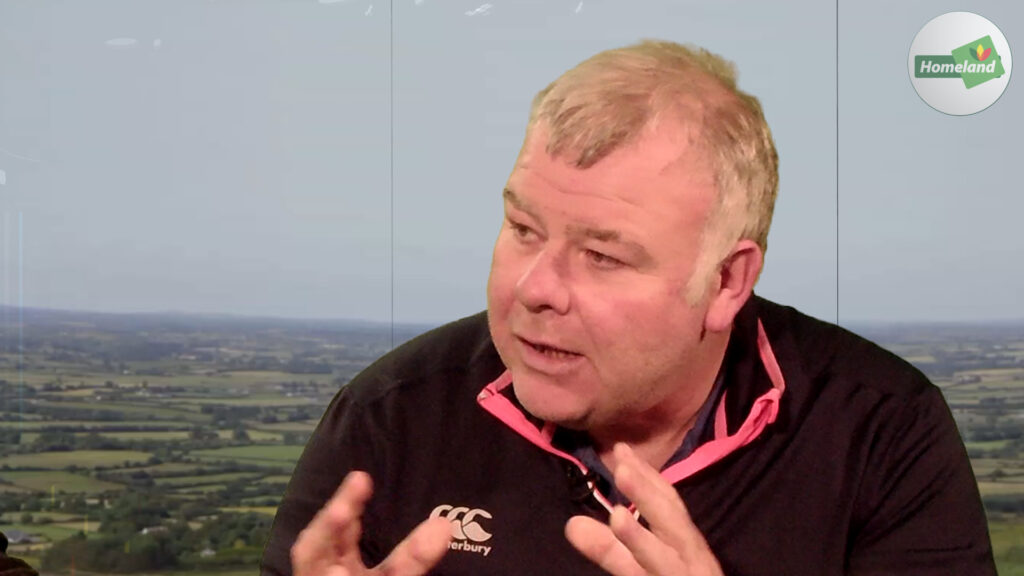Calls have been made to stall the National Broadband Plan (NBP) process in order to assess claims made by eir that €2 billion can be saved.
As it stands, the delivery of the NBP will cost €3 billion but representatives from eir appeared before the Oireachtas Communications Committee this week and revealed that they could deliver the project for approximately €1 billion.
Having attended the committee, Independent TD Michael Fitzmaurice said: “I am calling on the Government to stall the process, even if it is only for a few months, in order to get all the details out in the open so that an informed decision can be made.
Money isn’t that plentiful that we can afford to be rushing into deals which don’t represent value. While I have lobbied relentlessly for rural broadband, I do not want to see money wasted.
“It is for this reason that I am reluctantly calling for the process to be stalled momentarily.
“We cannot push ahead and needlessly squander €2 billion if the same service can be provided by eir for €1 billion,” deputy Fitzmaurice said.
While the Roscommon-Galway TD admitted that a downside to this will be additional delays, he believes the savings will outweigh the negative.
“If this process is stopped, further delays will be incurred.
“Eir has openly said that it will take at least a year for an agreement to be reached if negotiations are reopened – and that it will take five to seven years to complete the project.
“I am no great fan of eir, but if there is €2 billion at stake we need to assess the situation fully,” he added.
Costs will not vary
Fitzmaurice also welcomed clarifications given by eir representatives at the Oireachtas committee meeting, particularly the fact that the costs for customers will not vary between urban and rural areas.
“It was clarified at this week’s committee meeting that once a provider has money in their pocket and the infrastructure in place, they can go ahead and supply internet services without any licences or any Government consent,” he said.
He urged the representatives to introduce a “good will gesture” type system for rural communities.
A commitment was given that the issue will be examined.

